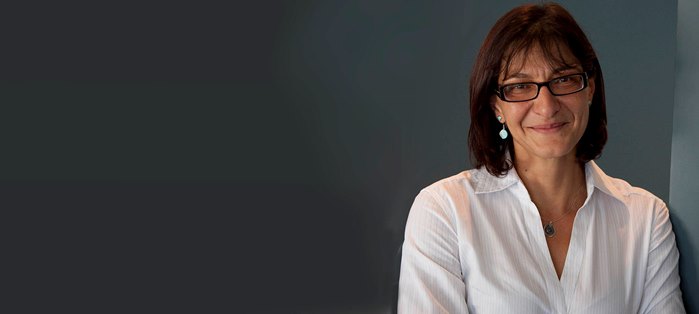News
3D printing bone tissue
Jun 28 2022
Professor Maria Forsyth’s area of research – energy – is one of the most important in the world and her good work has been rewarded, the Australian Laureate Fellow receiving one of the highest science honours in Australia.

Prof Forsyth has become Deakin University’s second Academy of Science Fellow, elected to the Australian Academy of Science.
Only about 450 Australian scientists have received this lifetime honour since the Academy was established in 1954 by Australian Fellows of the Royal Society of London. Members are selected by Australian and international peers from within their discipline.
Director full of praise
ACES Executive Research Director Professor Gordon Wallace said Prof Forsyth was well regarded around the world.
“This award is recognition of Maria’s standing on the global stage,” he said.
“We are privileged to have the opportunity to work alongside such an exceptional scientist.”
With seemingly limitless energy, Prof Forsyth is bearing the torch for science education and working to help the world achieve clean energy and infrastructure sustainability.
Australia positioned well
Thankfully, Prof Forsyth is confident that we are at a tipping point for widespread clean energy adoption – and Australia could be ideally placed to support this transition.
“In the next five years, Australia will have the high-tech capacity to become an energy incubator,” she said. “We have an abundance of sun and wind and we have the knowledge to create a bubbling industry.”
“The current weak link – that my team and others are working on – is energy storage. Australia can make solar and wind power, but we need to store it efficiently and cheaply in order to compete with the current energy supply. However, affordable, efficient, stable and clean options will soon offer a better system than coal.”
“Whether it be technology like the new Tesla ion battery home unit, the massive global investment in wind power, or dye-sensitised solar cells, a new range of affordable, clean energy sources is on the horizon.”
Science education ‘critical’
As a newly-elected Fellow of the Academy of Science, Professor Forsyth argues that it is critical that Australia increases its investment in science education.
“If we are to stay a clever country, we need to continue to invest in better resources and continue to work on a national scale and in collaboration with our international colleagues,” she said. “As a society, everything we do is based around the foundations of science. This is why it is very important that we instil a love of science in the younger generation.”
She also believes that universities need to focus on developing graduates and PhD students who have an appetite for entrepreneurship and a skill set that will allow them to capitalise on opportunities.
“Currently, interest at high school in subjects such as physics, maths and chemistry has waned, particularly for girls,” she said.
“This is an issue of strong interest to me, given that my own science journey was inspired by fantastic chemistry and maths teachers at Blackburn High School.”
As a means of supporting STEM education, Prof Forsyth has been closely involved in the “Reconceptualising Maths and Science Teacher Education Program (ReMSTEP) – a collaboration between four Victorian universities, including Deakin, which focusses on developing new teacher practices across the Australian curriculum. Prof Forsyth and her team recently worked with teachers to develop modules on Deakin’s energy research.
Believe in yourself
Finally, in her new role, Prof Forsyth hopes to further support Australian women in science.
“We need to encourage women to study science and have more faith in their abilities,” she said. “I have found that, for many women seeking to develop their career, the biggest issue is confidence. Women always struggle to have the confidence in their own abilities and to push the system and state their point of view.”
– With Deakin University













